
Twitter triples troll-tackling team
Like many social platforms, Twitter is often used by trolls to launch abusive attacks on people. It's something that Twitter has tried to tackle before, but now the company is stepping up its game. Having already made it easier to report abusive tweets, the same tools are being rolled out to simplify the reporting of content relating to impersonation, self-harm and doxing.
Dick Costolo had already promised that Twitter was ready to get tough on harassment, and now we know what he meant. The size of the team handling reports about abuse has been tripled, and this means that five times as many reported tweets are to be investigated.
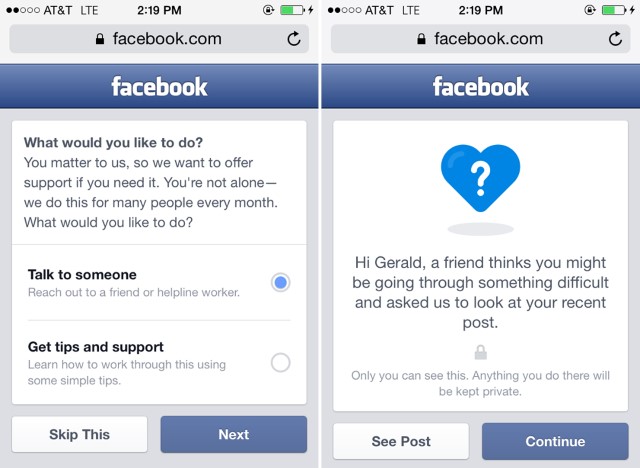
Facebook can put users on suicide watch
A few months ago Twitter was criticized for teaming up with suicide prevention charity Samaritans to automatically monitor for key words and phrases that could indicate that someone was struggling to cope with life. Despite the privacy concerns that surrounded Samaritans Radar, Facebook has decided that it is going to launch a similar venture for Compassion Research Day in a bid to prevent suicides.
Working with mental health organizations including mental health organizations Forefront, Now Matters Now, the National Suicide Prevention Lifeline, Save.org, Facebook aims to provide greater help and support for anyone considering suicide or self-harm.

Reddit imposes ban on non-consensual sexual content
If you want to post naked pictures or videos of people on Reddit without their consent, you only have a couple of weeks to do so. As of March, the site is imposing a ban on content of an explicit nature that the subject has not given permission to be posted.
The cleanup of the site comes hot on the heels of news from Google that explicit content will be banned from Blogger. It also comes in the wake of last year’s Fappening which saw a glut of naked celebrity photos leaked online.
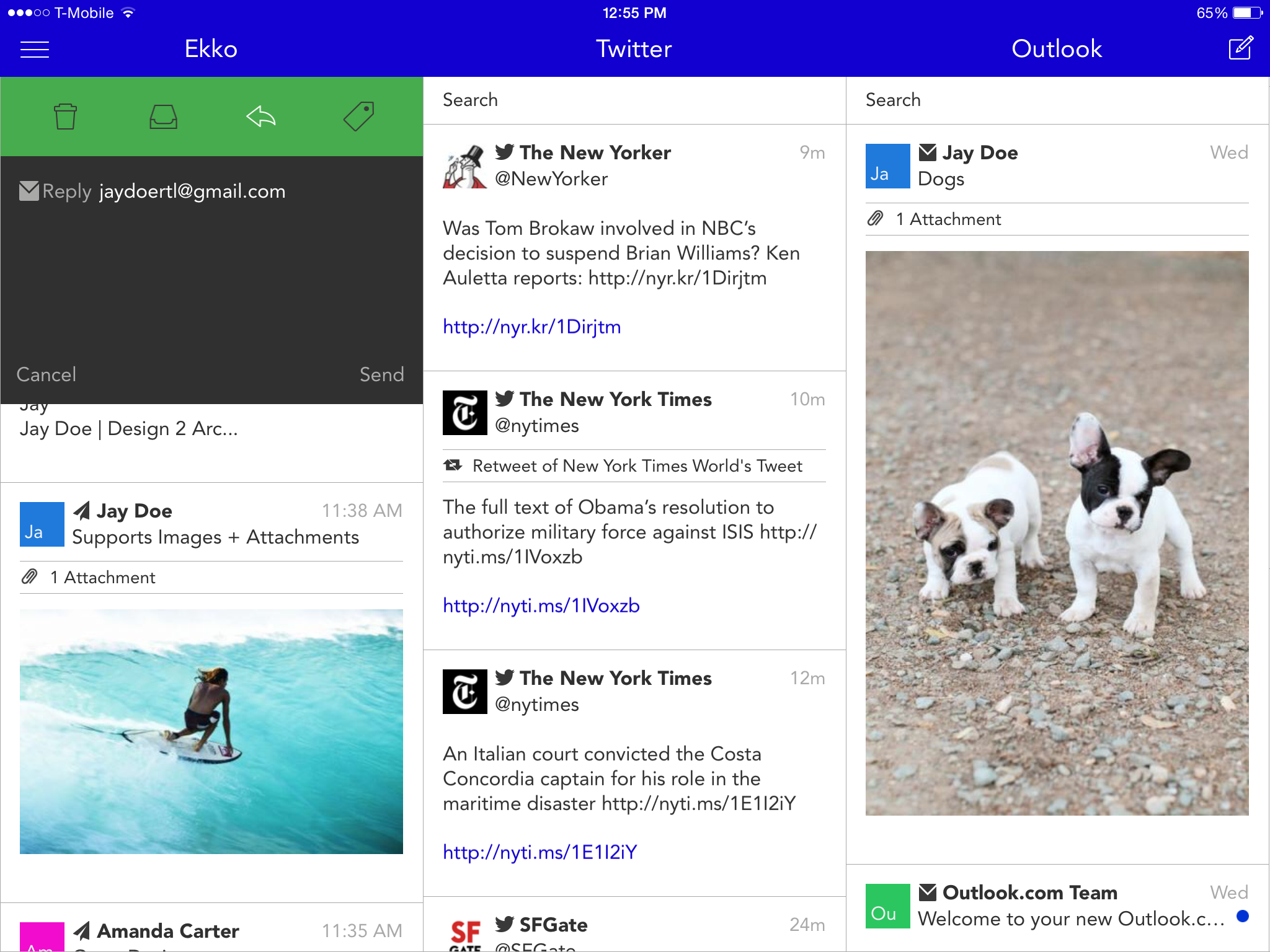
Ekko integrates communications across popular online services
It's rare these days to rely on just one service -- you find yourself using Facebook, Twitter, Gmail and more which means information and messages are coming at you from many different angles.
This can lead to information overload as well as security worries. With its new secure platform San Francisco-based Ekko is launching a way to streamline all of your communications and protect your privacy.
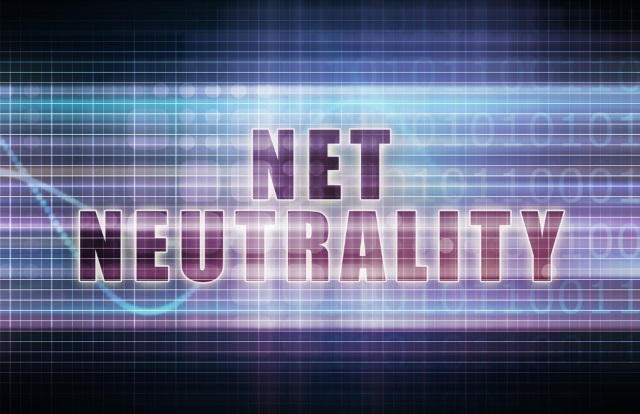
Twitter lends its support to Net Neutrality campaign
Many prominent groups and figures have given their backing to the fight for net neutrality. Today Twitter reveals why it supports the proposals put forward by the FCC chairman Tom Wheeler, just a few days ahead of a vote that will decide whether they will be adopted by the FCC. The aim is to "protect the open Internet as a place for innovation and free expression".
Twitter's public policy manager, Will Carty, says that protecting the open architecture of the internet is essential for the US to remain competitive and to allow freedom of speech. He says that providing a voice to those who would not otherwise have a platform is at the heart of Twitter, and this is just one of the reasons for supporting the net neutrality proposals.

Facebook's privacy policy breaks the law in Europe
There are many things that Facebook finds itself accused of on a regular basis. Unfairness to different groups, censorship of content, insensitivity, and endless problems surrounding its attitude to privacy and handling of user data. It seems that concerns about privacy were well-founded as a new report finds that the social network violated European law. Analysis carried out by the Belgian Privacy Commission and ICRI/CIR says that Facebook breaks the law in Europe in a number of ways. As well as placing too many expectations on users to be able to change settings for themselves.
Facebook is also accused of failing to give people the ability opt out of certain privacy-invading features. Back in January, Facebook made some changes to its privacy policies and also introduced simplified documentation. The report found that rather than cleaning up its act, Facebook merely highlighted some of its old, existing practices. The social network is criticized for its "complex web of settings", for failing to explain what is meant when users are told that their data will be used "for advertising purposes", and for not allowing people to opt out of Sponsored Stories and location sharing.
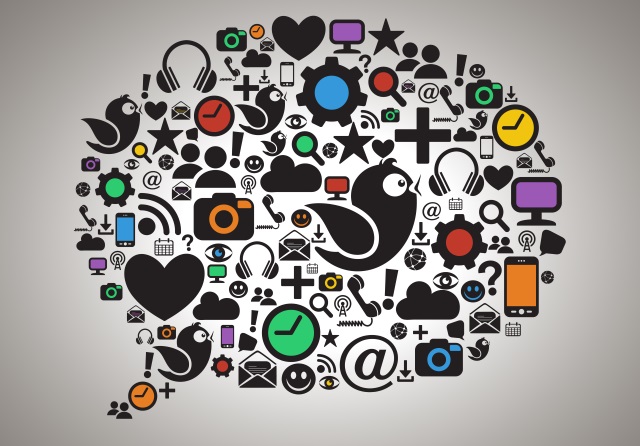
Suggestions that Twitter is not a valid news source are insane
This morning, as I do most mornings, I started my day by firing up my phone and browsing the news headlines in bed. One story caught my attention -- and the reaction to the story in particular. As you'll have discerned from the headline, there were comments that questioned the value of using Twitter as a source of serious news.
The subject of the story doesn't really matter, but for the sake of completeness, it was this one in the Guardian. It's about the backlash that followed a Telegraph article which suggested suicides in newspaper journalists could be attributed to stress stemming from trying to hit commercial targets. This is a story that's not without irony.

Facebook now lets you buy and sell stuff in Groups
Step aside, eBay, Facebook is here. The social media giant announced it’s rolling out new features for Groups, allowing users to buy and sell stuff using Facebook.
People posting in groups on Facebook will now have the option to add whether they're buying or selling a certain item, and include prices and shipping methods.

When you die Facebook will grant your 'legacy contact' access to your account
Have you prepared for the day you die? Let people know if you want to be stuck in a hole in the ground, cremated and scattered in an awkward place, or just left at the side of the road to be picked at by passing foxes? While you may have considered what happens to your lifeless meatsack and your worldly belongings, what about things in the digital realm?
Facebook has just taken a step that will make it easier for a designated loved one to take control of your account. Your 'legacy contact' will be able to set up a memorial to you and download your account archive.

Hacker finds vulnerability in Facebook, can delete your photo albums
Like it or not, Facebook has become almost ubiquitous in today's world. Most people you know, both young and old, are on there. Worse, some folks keep memories of their lives stored on the service, including precious photos that, in some cases, may not be backed up in any way. It feels safe, after all, Facebook wouldn't lose them, right? Not so fast.
This is less about Facebook losing them, I'm sure it has backups, but more about a third-party taking them away. That sounds scary, but a security researcher has proven it's possible. Laxman Muthiyah posted his findings along with details of how the exploit works.
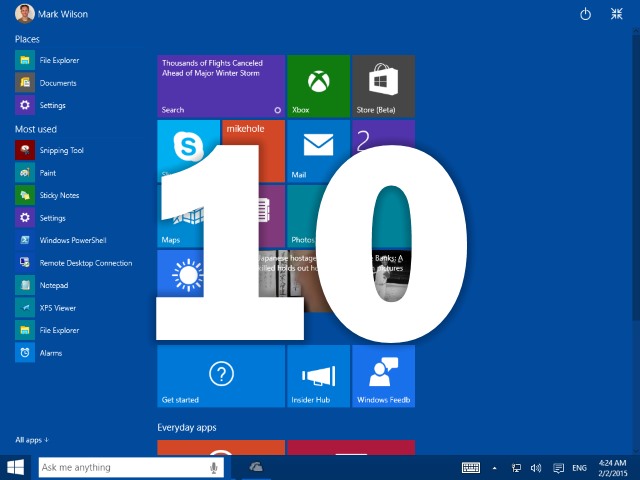
Microsoft enigmatically reveals release date for Windows 10 for phones
The Windows Phone Windows Insider App was recently updated, indicating that a mobile build of Windows 10 is imminent -- but when? Answering questions from eager users on Twitter, Microsoft's Gabriel Aul has given some cryptic hints about when the first preview of the successor to Windows Phone 8.1 will be launched.
Over the last few months Microsoft has been popping out new builds of Windows 10 left, right and center. While we now have a pretty good idea of how things are going to look and feel on the desktop, the same cannot be said of mobiles and tablets.
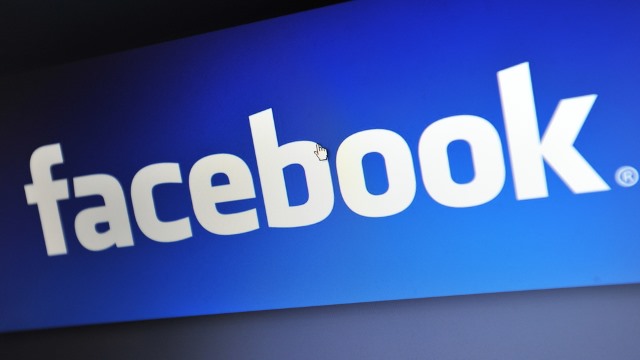
Facebook's real name policy now causing issues for Native Americans
You might poke some innocent fun at your Native American friend Sitting Bull while he's on the toilet, but if you're that Native American, you wouldn’t want to be trolled by, let's say, Facebook.
That's exactly what happened to Shane Creepingbear, a Native American who, Facebook thinks, is using a fake name.

Safer Internet Day tips for parents
It probably hasn't escaped your notice that today (10 February) is Safer Internet Day. This is intended to promote safer and more responsible use of online technology and mobile phones, especially amongst children and young people.
Online advice site Knowthenet.org.uk -- operated by the Nominet domain registry -- has published some new research looking at the attitudes of parents to their children's use of social media and finds that whilst it has a generally good effect there's still a need for caution.
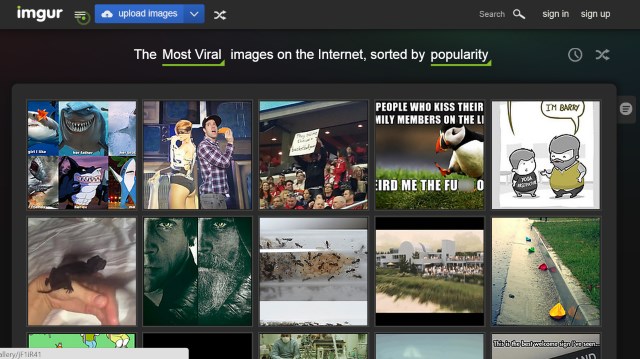
Imgur Pro is now free for everyone
It’s a free for all as Imgur Pro goes free for all! The image sharing site is celebrating its sixth birthday by handing out gifts to its users rather than expecting to receive them. As of today, everyone is able to take advantage of unlimited storage on the site, but of course there is a -- very slight -- catch.
You don’t get owt for nowt, and the cost of free in this case is ads. Imgur has long been ad-supported, and now Imgur Pro has gone down the same route. Now that everyone has access to a Pro account, they have access to more than just extra storage space.

Google snaps up photo backup app Odysee in latest acquisition
The latest service to be gobbled up by Google is Odysee. Available as an app for iOS and Android devices, Odysee enables users to privately backup and share both photos and videos. In some ways the service is similar to the automatic backup feature provided by Google+, so it is perhaps unsurprising that the Odysee team will be joining forces with the Google+ team.
The mobile apps have been pulled from the App Store and Google Play by developer Nimbuzz Inc, but the service remains in operation for the time being. It's likely that the Odysee API is what sparked Google's interest, and it will be interesting to see how things move forward.
